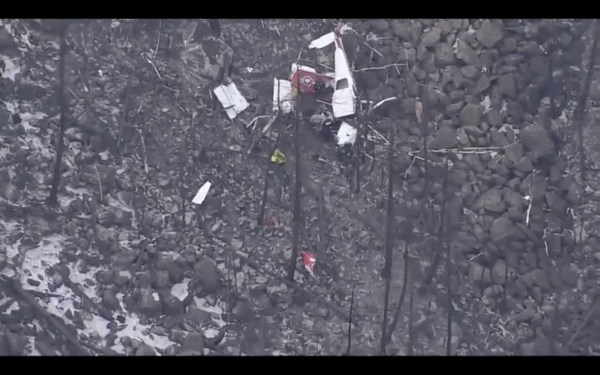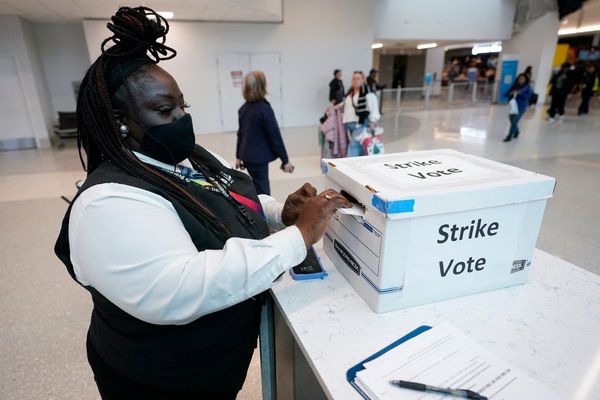
In a year when the fight at the front of Formula 1 has closed up perhaps like never before, the scale of McLaren's advantage in Singapore went against the grain.
Indeed, just one weekend on from Baku, where Oscar Piastri had to fight tooth-and-nail with Charles Leclerc for a win that hung in the balance until the penultimate lap, the picture in Singapore could not have been more different.
Lando Norris was in a class of his own in qualifying, held a comfortable lead early on and then, in the words of Christian Horner, started "taking the p**s" when he upped his speed to pull almost 25 seconds clear of Max Verstappen before the pitstops.
Considering that McLaren had brought almost no upgrades to Singapore, bar a revised beam wing, from the outside the turnaround in just seven days does not appear to have an obvious explanation.
But the key to understanding what happened is that F1's top challengers have their strengths and weaknesses depending on the downforce levels used each weekend and the type of track.
We know Mercedes is better at high-speed tracks (especially if it is cool) and weaker at hotter low-speed venues where traction is important. Ferrari has good top speed and loves slow short corners, while Red Bull probably remains king in terms of overall low-drag high-speed aero efficiency.
But what Singapore proved, especially after what we saw at Zandvoort, is that McLaren is clear of everyone when it comes to maximum downforce circuits.

For McLaren boss Andrea Stella, the performance picture of Singapore was all about how well the MCL38 performs at the downforce levels required for the Marina Bay circuit - which are at the opposite end of the spectrum to Baku which demands low drag levels.
"I think if I look at previous races, at this high level of downforce, we seem to be very competitive," he said when asked about why Norris had been so fast in Singapore.
"So, I think it might have to do more with the level of downforce, than with the fact that we may be chipping away at getting more and more out of the car."
A trawl back through this season almost certainly suggests that when the downforce levels are maxed out, and drag is not really a factor, then McLaren excels.
Stella added: "I think the car has been strong in this configuration. I always make the examples of Hungary and Zandvoort, even Hungary was a relatively dominant victory in itself, like Zandvoort and this one.
"So, I think at the moment, it's more than the car in this configuration, I think it has the better aerodynamic efficiency across the grid.
"At low drag, I think the efficiency of Ferrari and Red Bull is much more comparable to our car.
"We know certainly that we have invested much more at this level of downforce than what we have done at lower downforce, even though I've said already after races like Spa and Monza, we have definitely made a step forward in terms of retaining downforce when we reduce the level of drag."
There is also another element that may be coming to the fore too – and that is that McLaren has started to get used to winning again, so its execution of races when it is in front is much more clinical.

Rather than the push to victory being a new experience, it has got a much better handle on how to handle races to ensure it maximises its opportunities.
"Definitely the more you race at the front, the more you get familiar, not only with the situation, but even with the approach that the team should have," continued Stella.
"We have been discussing whether we should adjust our weekend schedule because we need to have many more conversations, even with the drivers, in terms of internal competition, something that in the past wasn't part of going racing.
"Likewise, from a strategic point of view, playing kind of defensive strategies in which you don't have to be the first one pulling the trigger, you just sort of wait for the car in P2 to go, and then you cover.
"These are scenarios that we were not very familiar with, and now we are getting familiar. So, I think it's fair to say that there's a development of which the team are part of, not only the drivers."







